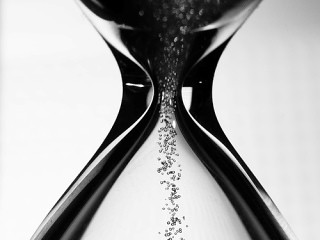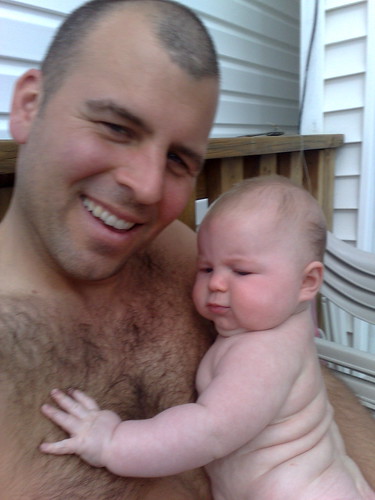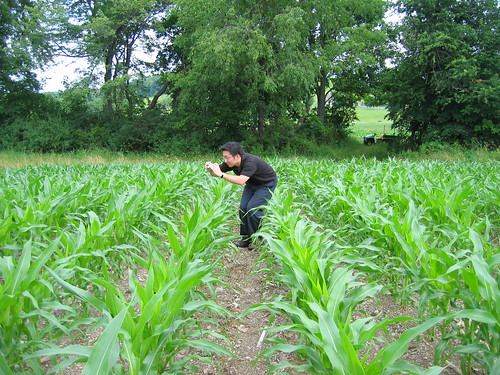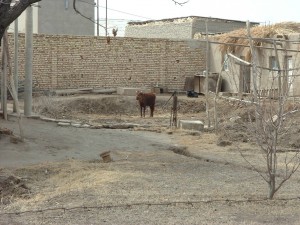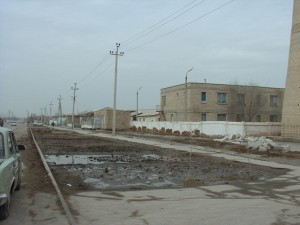The other day, I was talking to a friend about my concept of the hourglass. Basically, when you move to a new place, your hourglass is full on top with tiny grains of optimism and rage. Over time, those grains slowly trickle away until there’s nothing left. Different places make the sand fall at different rates, but your hourglass is always active. The grains are always falling.
Once your sand is gone, you’re burned out. You have no rage to fuel a passion for change, and no optimism that you can be part of making things better. You may put in your time going through the motions of your job, but it’s minimal. You have no spark. No drive. No willingness to go beyond your job description. Your work may be good enough, and it may not.
When you move to a new location, you flip the hourglass. You start over with your energy and optimism and righteous rage. You’re on fire once again, not burned out. Self-aware people with choices in their lives recognize when their hourglass is getting low. They stay ahead of job options and plan their lives so that they move before they’re out of sand.
I have believed in the metaphor of the hourglass for a long time.
I realized today, though, that the whole hourglass idea doesn’t match my own experience, or the things I’ve argued before on this blog.
This afternoon I walked down the street by my office to get an afternoon snack. (Breastfeeding takes calories. Feed and water your nursing moms, people.) I was thinking how nice autumn in Central Asia is, with the cool nights and the way the light comes in across the horizon. Eleven years ago when I moved to Uzbekistan, I thought this region didn’t have fall. How could it be a different season when it was still 85 degrees out? But I recognize autumn now, and I love it.
Ten years ago I didn’t know why the holiday meals in this region are so similar to the everyday meals. I didn’t know which kind of canned potato chip tasted better, and I didn’t know that their availability depends on the size of the city you’re in, not the size of the store. I didn’t have Soviet transport structures memorized. I couldn’t taste the difference between regional varieties of plov.
Today, I can tell what capital I’m in by the smell of the dust. I’ve talked to farmers and teachers and doctors and factory workers from Bokhara to Bishkek to Turkmenbashi. I’ve swum in Issy-Kul and the Caspian, mountain streams near Dushanbe and the underground lake just outside Ashgabat. I’ve thrown up in every model of Soviet airplane still flying. (I’ve spent two full pregnancies here.)
That’s got to make me better at my work.
Ten months from now, my contract and my husband’s end. We don’t know where we’ll be next. It could be another stint in Central Asia – we’ve never lived in Bishkek, after all. But odds favor some other part of the world. I have no shortage of transferable skills; I’m not worried about that. I’ll find a job. (Email if you’d like to give me one.) A job I love, even.
But will I ever again stay long enough to know what the fruits of the cedar trees look like, or memorize the sunset on New Year’s eve? Will I be as good at what I do if I can’t?

